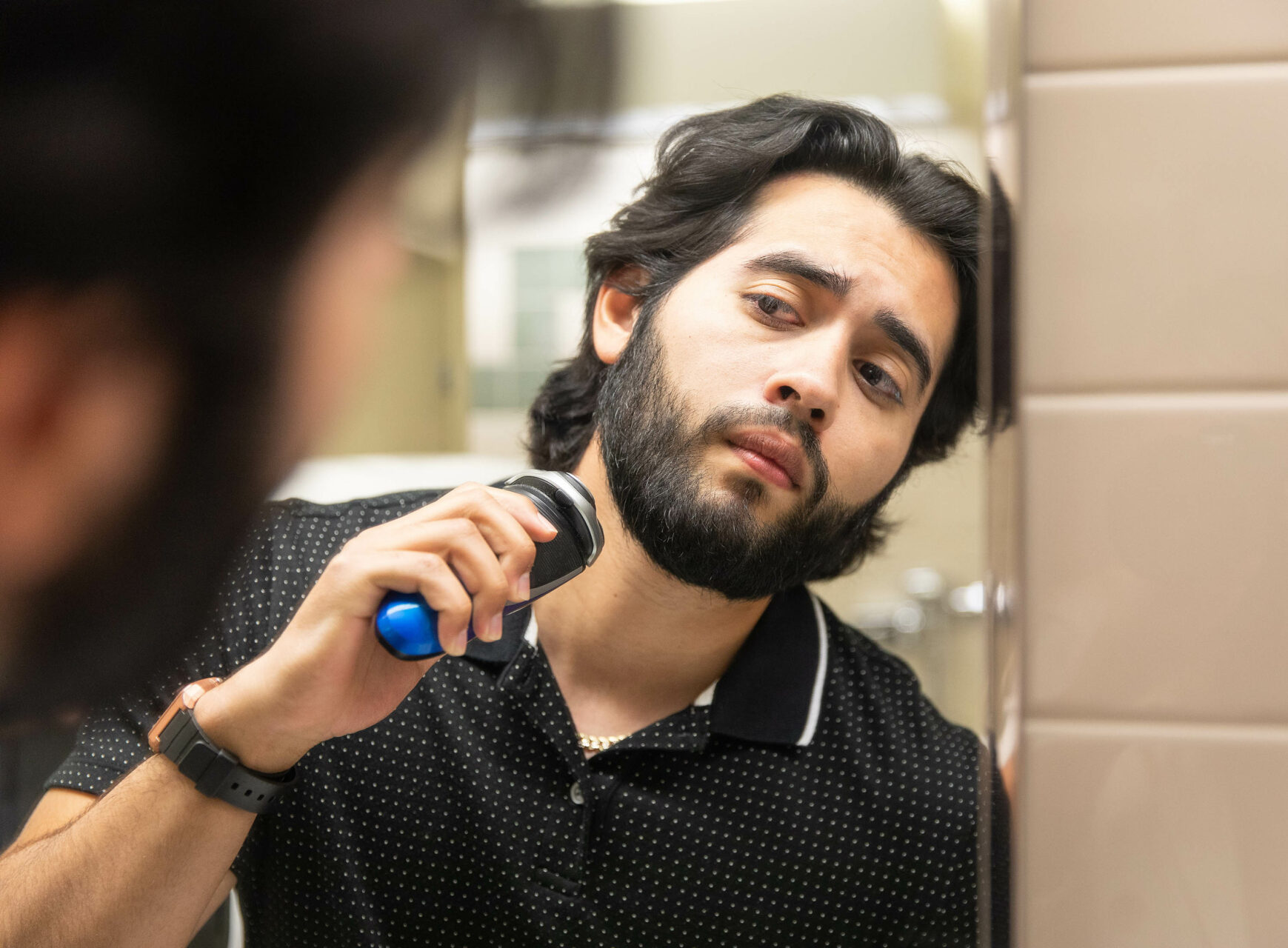
A petition created by BYU professor emeritus Warner Woodworth is circulating, aiming to officially remove the ban on beards from the Honor Code.
Several campaigns, petitions and social media pages have been created in the past in an attempt to remove the ban. Woodworth added a change.org petition to this mix, asking for a “more ethical and humane policy allowing beards on campus.” The petition, started two months ago, has accumulated more than 1,000 signatures.
The beard ban at BYU is a long-standing Honor Code policy that has been contested for decades, stemming from rising cultural tensions in the 1960s, where beards were regarded as a sign of protest against the Vietnam War. The president of BYU at the time of the beard ban, Ernest Wilkinson, enacted a university-specific grooming policy aimed at addressing the counterculture of the day.
In 1971, President Dallin H. Oaks addressed the student body and confirmed that “beards and long hair are associated with protest, revolution and rebellion against authority.”
Since that time, the beard ban has been questioned by many who claim it is not part of Church doctrine and merely reflects cultural ideals of the time. “There’s no logical reason behind it. It’s not doctrinally based,” advertising student Lauren Dykes said.
“I don’t personally see a problem with having beards, it doesn’t distract my learning. It would be really cool to see if (the petition) were to be approved,” statistics student Braden Tiffany said.
This new appeal comes at a time when, according to Woodworth in his petition statement, the beard ban removal is more relevant than ever. The advent of the COVID-19 pandemic and a greater emphasis on working and studying from home has allowed for more flexibility in beard growth.
During the time of COVID-19 and the subsequent use of online education, everyone could grow a beard without consequence, Woodworth said. “Everybody had them, and no one could be blocked from the testing center.”
Woodworth said the beard ban is an example of BYU going beyond what is required by the Church’s doctrine and it excludes many people who can positively contribute to BYU, such as those who wear beards for cultural and religious reasons. “Why is it so important?” he said.
After he garners enough signatures, Woodworth’s main goal through this “plea for rationale” is to have a respectful conversation with BYU officials and end the beard ban once and for all, he said.
“The Dress and Grooming standards continue to state that beards are not acceptable,” BYU spokeswoman Carri Jenkins said.
Jenkins explained that BYU’s Dress and Grooming Standards, which outline how BYU has chosen to represent itself, reflect the highest standards of the university.
“All who come to BYU voluntarily commit to uphold these standards as a matter of personal integrity and respect for the university and those who make it possible,” Jenkins said.




